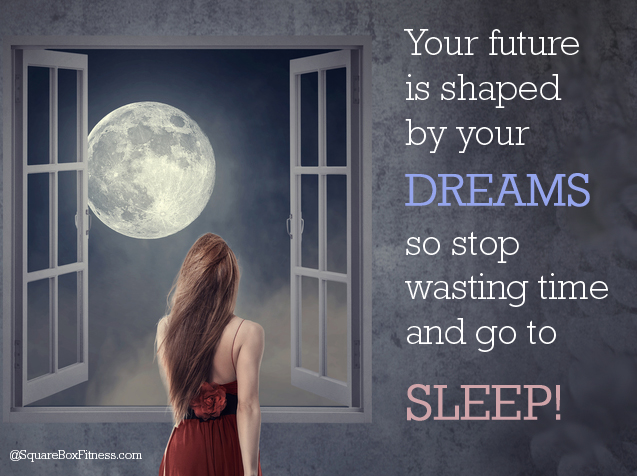Coming to year end many of us are starting to feel weary, with late night celebrations keeping us from our sleep, we may underestimate the power of exercise to revitalize the body and mind.
Sleep stabilizes the brain and body
Sleep is the human body’s ultimate stabilizer, it repairs maintains and regulates the body and mind.
After a hard day of working, nothing seems more relaxing than “vegging out,” by watching TV, playing electronic games or surfing the net.
What feels physically numbing is, in fact, placing the brain under considerable strain to stay switched on.
Even falling asleep in front of the telly places the brain on alert to eventually get up and go to bed, therefore disrupting the rhythmic cycle of sleep.
Sleep interruptions prevent the brain from making executive decisions because the focus of the brain then is to keep a weary body moving during the day.
A sleep deprived person becomes more accident prone; their judgment becomes impaired, and they are more likely to make impulsive decisions, become irritated quickly and be overwhelmed by everyday living.
Dangers of Bedtime Procrastination
Bedtime procrastination is becoming a modern phenomenon; it is when you put off going to bed for no reason other than the fact that you can.
In a world where so much seems out of our control, rebelling by staying up late seems a satisfying achievement.
Living life on the bravado of lack of sleep is glamorized in our society. However, it is self-destructive.
A recently published study by Sealy UK (bed manufacturer) together with Loughborough University’s Clinical Sleep Research Unit (CSRU), revealed a disturbing worldwide sleep debt.
Sleep debt, is the difference between the amount of sleep people need to effectively function mentally and emotionally the next day, minus the actual sleep they get each night.
Sleep debt affects health and well-being
When the body and mind are too tired to function properly, the endocrine (hormonal) system takes over in crisis mode.
In a crisis, hormones are released to help the body stay awake during the day.
The key areas affected by the lack of sleep are:
- Increased hunger: Compensating for lack of energy, hormones released crave energy-dense fatty and sugary foods. Further hormones that help you feel full are inhibited.
- Slowing of the metabolism: In a 2012 study published in the Annals of Internal Medicine found that just 4 ½ hours of sleep for four consecutive days reduced the fat cells’ ability to respond to insulin by 30%.
- The decline of cognitive ability: Research from the National Institutes of Health showed that in mice, sleep helps clear toxic molecules from the brain. Without sleep detox, the brain becomes irrational and irritable, unable to process relevant information into memory.
- Compromised motor skills: Andrew Williamson, a psychologist at the University of New South Wales, studied the results of sleep deprivation and showed the reduction of hand-to-eye coordination was similar to having a blood-alcohol content of 0.1.
- Increased emotional sensitivity: The plethora of feelings created by hormones released to counter the lack of sleep is difficult to rationalize by the human brain. Consequently, feelings of anxiety and depression are prevalent for those who lack sleep.
Exercise and sleep
Significant research exist for the benefits of exercise on health and well-being, however, when it comes to sleep, exercise is not necessarily the catalyst for a good night sleep.
Sleep is the catalyst for exercise; one research study examined the effects of aerobic exercise among people with chronic insomnia. After 16 weeks of exercise, the average person in that group got just 12 minutes more sleep per night.
The extra 12 minutes sleep was enough to decrease anxiety and depressive symptoms associated with insomnia.
This research highlights that it is important to take a long view of the sleep benefits of exercise and recognize that planning for fitness begins the night before with a good night sleep.
Live well with fitness!
Anna


Recent Comments